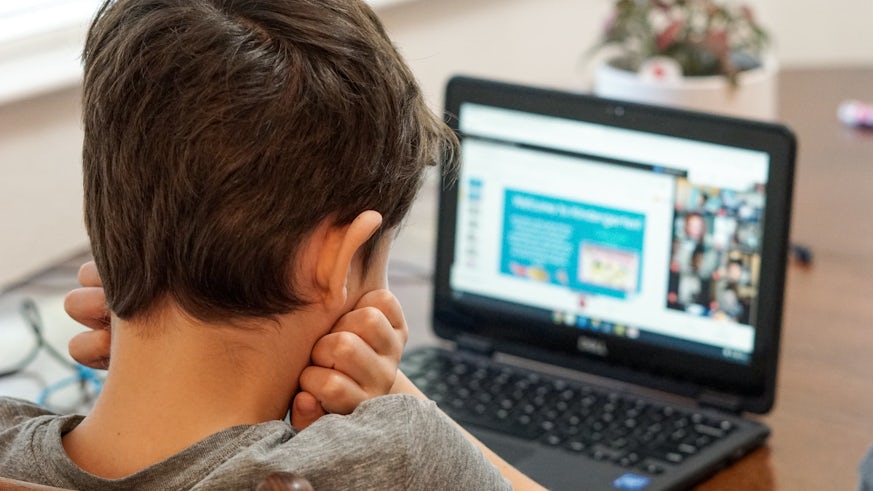New study on mental health and life satisfaction among school children in Wales
24 March 2022

Researchers from the Wolfson Centre and DECIPHer have undertaken work to examine changes in mental health and life satisfaction among 10-11-year-olds in Wales, before and one year after the onset of the COVID-19 pandemic.
The COVID-19 pandemic, and public responses to it, placed substantial restrictions on children’s lives in 2020 and 2021, including the closure of schools and limitations on play. Many children and young people approached milestones such as transition from primary to secondary school, having missed several months of face-to-face schooling in the two previous school years.
Research, led by Professor Graham Moore of the Wolfson Centre for Young People's Mental Health and DECIPHer, examined the change in mental health difficulties, life satisfaction, school connectedness, and feelings about the transition to secondary school among school children in Wales during this time.
The researchers used data from cross-sectional surveys of over 4,000 ten to eleven-year-old school children, collected before and after the onset of the COVID-19 pandemic.
Professor Graham Moore said: “The first cohort of approximately 2,000 school children completed the first school-based survey in 2019, prior to introduction of social distancing measures across the UK. A further 2,000 completed a second survey in 2021. At the time of our second survey, pupils had just returned fully to school after two lengthy periods during which schools were closed to most pupils.,”
The results showed the percentage of children reporting elevated emotional difficulties rose from 17% in 2019 to 27% in 2021. There was little evidence of change in behavioural difficulties. Life satisfaction fell in all analyses, although in most cases this was not significant.
Professor Moore added: “We found particularly large increases in emotional difficulties one year into the pandemic. It is likely that for some children, these will improve as we move beyond the pandemic and associated control measures. However, for many, the experiences of the pandemic may have a lifelong impact without adequate support for recovery.
"There was no evidence of a change in ratings of teacher relationships, pupil relationships, or pupil involvement in school life. Maintaining connectedness to school throughout the pandemic may have played a role in preventing even steeper increases in child mental health difficulties.”
While there was an elevated of emotional difficulties between the two cohorts, children reported a high degree of feeling connected to their school before and after the pandemic. There was also no evidence of a change in ratings of teacher relationships, pupil relationships, or pupil involvement in school life. Maintaining connectedness to school throughout the pandemic may have played a role in preventing a steeper increase in child mental health difficulties.”
The research also found there was no evidence of the pandemic impacting on children’s feelings about the transition to secondary school, with feelings becoming more positive as transition neared.

“Supporting children’s emotional recovery from the COVID-19 pandemic is a public health priority requiring urgent and effective action across society."
Professor Moore concluded: “We will continue to work with colleagues at the Wolfson Centre and DECIPHer to undertake further research to better understand how we can improve mental health outcomes for children and young people here in Wales and around the globe.”
The study, Mental health and life satisfaction among 10–11-year-olds in Wales, before and one year after onset of the COVID-19 pandemic, was published in Springer and can be viewed online.
Data analysed for this study were collected as part of a Welsh Government funded pilot focused on expanding the School Health Research Network into primary schools in Wales. Read the report providing descriptive data on a broad set of child wellbeing outcomes in 2021.
